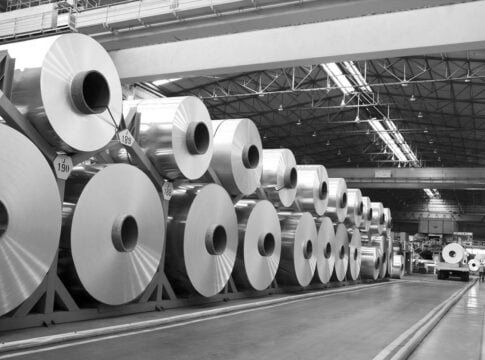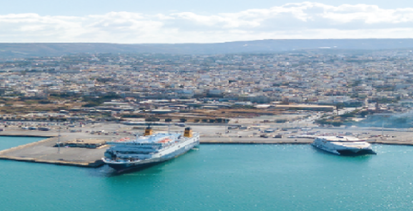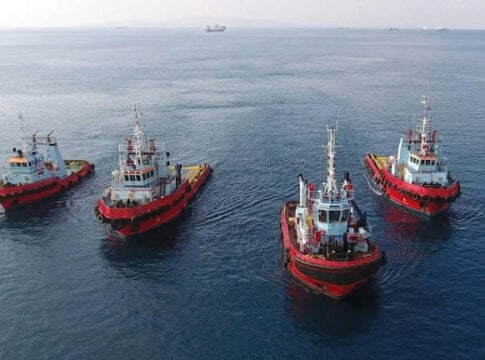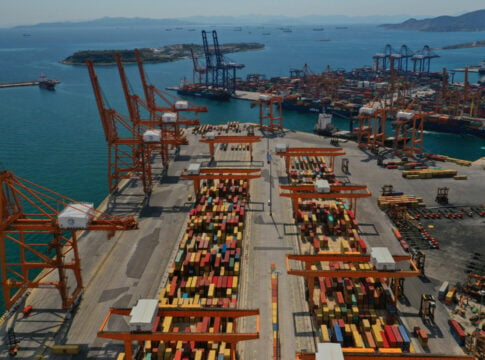Green taxes imposed in order to deal with the climate crisis reduce disposable incomes and put pressure on family budgets, but also on business turnovers, while new changes are expected as of 2025.
Based on ELSTAT’s official data for 2022, the total receipts of the State from environmental taxes amounted to 11.578 billion euros, marking an increase of 50.3% compared to 2021.
It is worth noting that energy taxes represented the main share of environmental taxes, totaling 85.8% in 2022, and amounted to 9.93 billion euros. Businesses have paid 8.077 billion euros and households have paid 3.5 billion euros, which corresponded to 30.2% of the total environmental taxes.
Based on the current regime, the green taxes imposed are as follows:
- Recycling fee of 0.08 euros before VAT per piece for products whose packaging contains polyvinyl chloride (PVC).
- Environmental fee of 0.07 euros before VAT per piece of plastic transport bag.
- Durability fee per daily use and per room or apartment. This fee replaced the accommodation tax and it will increase to 2-15 euros per night as of 2025.
- Environmental protection contribution for plastic products available as packaging for food and drinks, amounting to 0.04 euros before VAT per piece.
- Green fee of 30 euros per kiloliter on internal combustion oil (diesel).
- Extraordinary environmental tax on imported used vehicles of old type based on the categorization of exhaust emissions.
- Classification fee according to the emitted mass of carbon dioxide (CO2) and to the specifications of the European emission standard (Euro) that the vehicles with the latest classification date in terms of the first classification meet.
- Road tax scale for vehicles registered from 1/11/2010 and calculation scale based on carbon dioxide emissions for vehicles registered from 1/11/2010 to 31/12/2020 and its amendment for vehicles registered from 1/1/2021 onwards.














